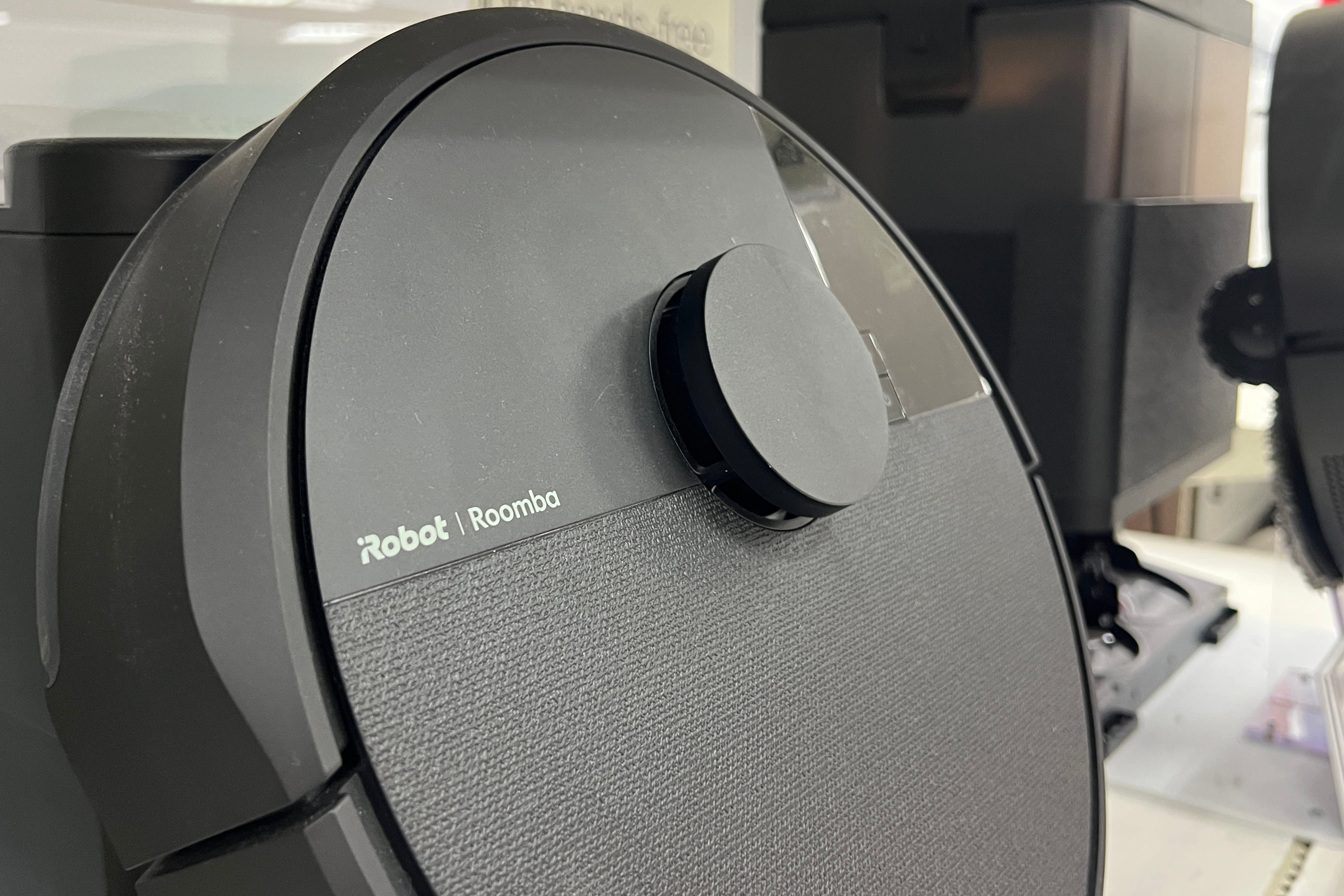The European Union is facing a moment of truth.
With Putin’s Russia marauding to the east and the Trump regime rampaging to the west – as we saw again with the tariff announcement – Europe is having to learn at breakneck speed both why it must stand up for itself and how. For the EU it’s no longer about being a proud advocate for decent values, Suddenly, of necessity, it’s also about being a determined defender of those values.
It would be both shameful and foolish for Ireland to behave as if we were a mere bystander. For our own sake, we can and must contribute as effectively as we can to shaping Europe’s future.
The EU is by no means alone. Norway, the United Kingdom, Switzerland and Canada are among several countries that vigorously assert the same values. Indeed, most of the world, which has condemned Russia’s invasion of Ukraine at the United Nations and is horrified at the bullying and baseness of Trump’s America, is probably open to persuasion.
READ MORE
However, it is the EU alone that has the heft to provide the necessary leadership in support of democracy, multilateralism and respect between nations. The challenge it faces overlaps significantly with the vital parallel work on the harder aspects of security being led by France, the United Kingdom and what remains of a Nato undermined by Trump’s vacillation and unpredictability.
For the governments of both Russia and the US, truth is a mere inconvenience, with Putin still claiming, absurdly, that Ukraine started the war and the Trump regime telling a litany of barefaced lies to its own people and the wider world. An additional challenge for Europe, therefore, is to work to ensure that words still retain meaning in our troubled world.
Nobody can say for sure precisely how Europe should respond to its immense challenges and responsibilities. There is no secret plan hidden away in a drawer in Brussels or Paris or Berlin. As always, given its very nature, the EU’s response will reflect the coming together of diverse national perspectives and the necessary compromises between them.
However, Europe has proved in the past that it is most effective when confronted by a crisis, such as Covid or Brexit. It is already becoming clear in recent weeks that the EU, even as it explores and engages with the complex detail, is aware of the magnitude and urgency of what is at stake. This is reflected, for example, in its willingness to step up its support for Ukraine, its focus on building up its own defence industry, its softening of budgetary rules to facilitate expenditure on defence and its careful work on a calibrated collective response to Trump’s tariffs.
[ Our rights and freedoms are at stake in times as perilous as the late 1930sOpens in new window ]
For Ireland, as for the EU as a whole, there are no easy answers. Our Government’s response thus far has been sure-footed. Our policy as it evolves should, I suggest, reflect five considerations.
First, Ireland can contribute, as we have done in so many areas, to shaping EU policy. We cannot determine the EU’s approach – indeed no member state can – but we can ensure that there is a limited but significant Irish imprint on that policy.
Second, we should recognise, more so than ever before, that Ireland’s home in the world is in the EU. It is where we belong and from where all our other relationships branch out. It is the European flag, not the star-spangled banner or Union Jack, that flies comfortably beside the Tricolour. Any notion that we are triangulating between Boston, Berlin and Birmingham has been comprehensively rubbished, first by Brexit and then by JD Vance’s poisonous attack on European values. This core reality necessarily requires a further enhanced prioritisation of the EU in Ireland, and of European policy formulation across government and the public service.
Needless to say, the improved relationship between Ireland and the UK, as well as between the EU and UK, under prime minister Keir Starmer, is to be warmly welcomed.

Trump launches a trade war against the world
Third, Ireland’s approach, in order to maximise our influence in the EU, must be based on honest recognition of the new and dangerous global environment in which Europe finds itself. There are legitimate domestic debates about Irish military neutrality, a neutrality that is called into question neither by Nato nor the EU. However, we must at the same time continue to raise our vision beyond our own shores to the reality of unprovoked war on our continent and the unprecedented uncertainty about US values and intentions. The wellbeing of our citizens depends on the ability of Europe to defend itself, whatever we in Ireland decide freely to contribute to our own security.
Fourth, we should, under all circumstances, be ambitious about ramping up Ireland’s national defence, as increasingly seems to be the Government’s intention. The threats to our underwater cables and to our cybersecurity are direct and immediate.
Finally, we must understand where our European partners are coming from. This is both fundamental and self-evident. If we want our EU partners to have our back on Brexit, as they so comprehensively did, and on Trump’s tariffs, as we fervently hope, this means reciprocal empathy. We should understand, for example, that Poland and our Baltic partners face a palpable military threat from Russia; and that Finland and Sweden, two countries which can be every bit as proud as Ireland about their long-standing independent foreign policies – have felt compelled to join Nato.













